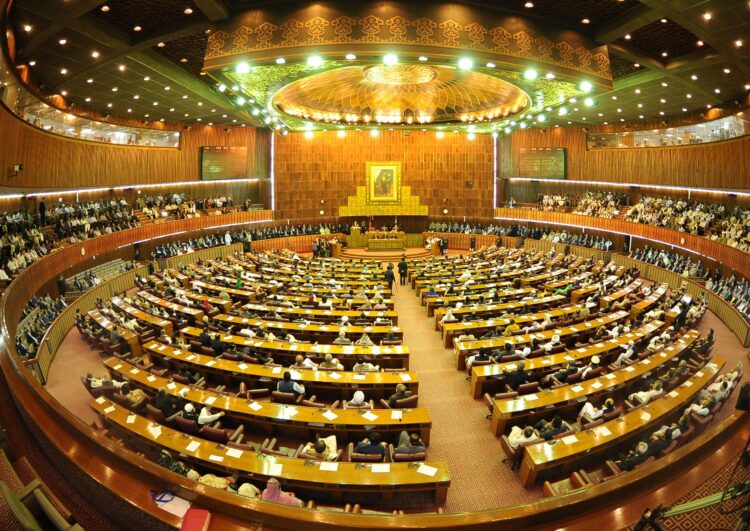ISLAMABAD (MNN); Prominent lawyer Asad Rahim Khan has filed a petition in the Supreme Court of Pakistan, challenging the newly enacted 27th Constitutional Amendment and urging the apex court to declare it unconstitutional. The petition also calls for measures to safeguard the independence of the judiciary.
The amendment, signed into law earlier in the day by President Asif Ali Zardari, has been widely criticised by legal experts for allegedly curbing judicial autonomy through the creation of a Federal Constitutional Court (FCC). Earlier, Supreme Court Justices Mansoor Ali Shah and Athar Minallah resigned in protest, claiming the amendment undermined the Supreme Court’s authority.
Khan’s petition, a copy of which was obtained by Dawn, requests that several sections of the 27th Amendment Act 2025 — including Sections 2, 4, 5, 6, 7, 9, 10, 12, 14–43, 45A–B, 46 and 48 — be declared void as they violate Entry 55 of the Federal Legislative List and contradict other constitutional provisions. The plea argues that Entry 55 clearly separates legislative and judicial powers, making it unconstitutional for parliament to restrict or abolish the Supreme Court’s jurisdiction.
“The clause ‘except for the Supreme Court’ makes it clear that the apex court’s jurisdiction cannot be curtailed or altered by any form of legislation, including a constitutional amendment,” the petition states.
Khan contends that the law was passed “in haste” and in a “procedurally defective” manner, violating the principles of parliamentary transparency and democratic deliberation. He described the act as “an assault on parliamentary democracy itself.”
The petition further argues that the amendment allows executive control over the judiciary, particularly by empowering the government to appoint the Chief Justice and judges of the new Federal Constitutional Court without consultation. “This setup enables the executive to handpick the highest judicial authorities, eroding judicial independence,” the plea asserts.
According to Khan, the FCC’s composition and appointment process are “deeply concerning,” as they remove the judiciary’s input and allow the executive to dominate judicial appointments.
Meanwhile, the Senate passed the 27th Amendment Bill after a second round of voting, despite loud protests from the opposition. Senate Chairman Yousuf Raza Gilani announced that 64 votes were cast in favour and four against. Following approval, President Asif Ali Zardari signed the bill into law, completing the legislative process.









































































